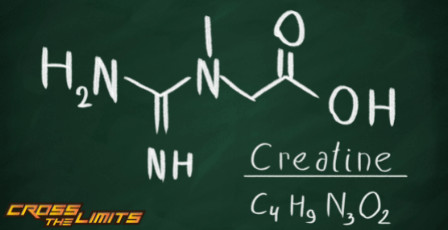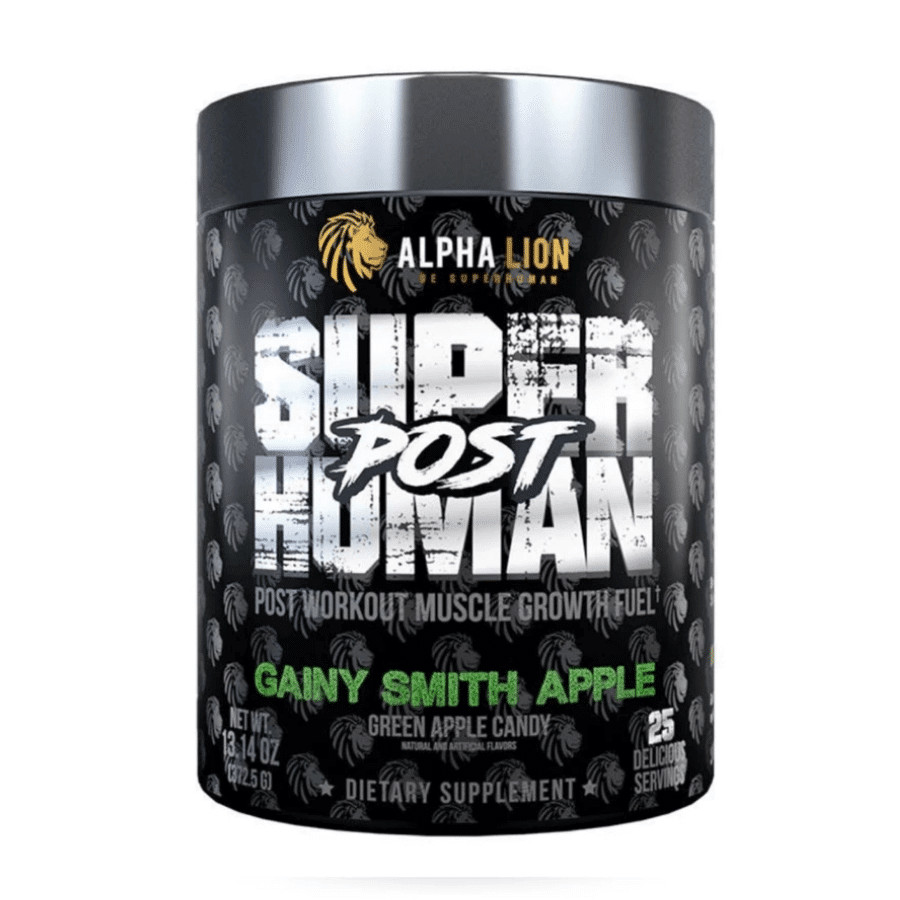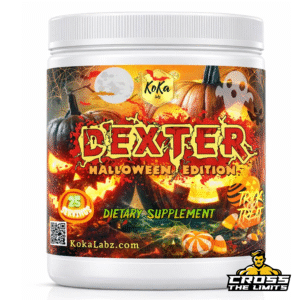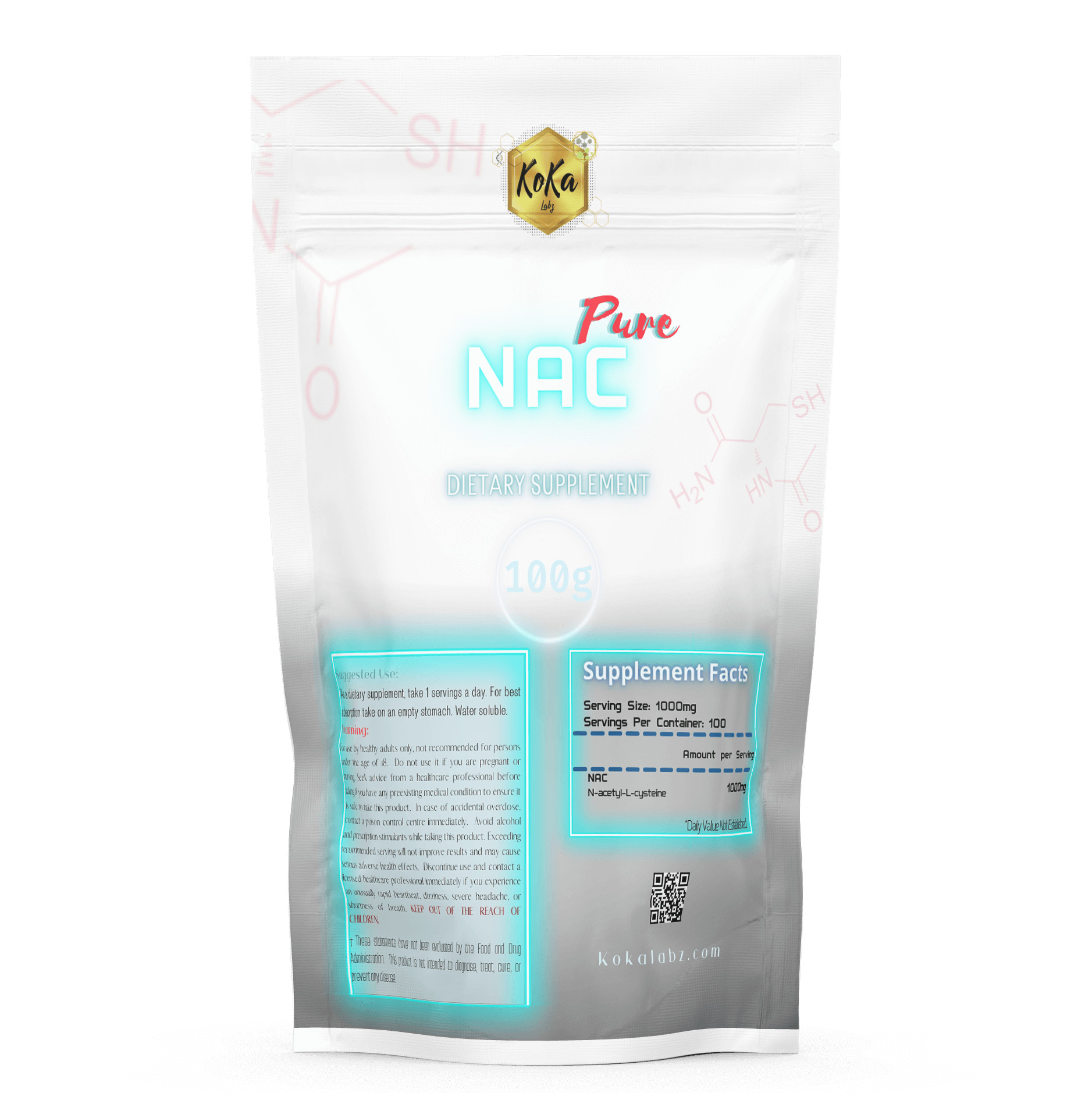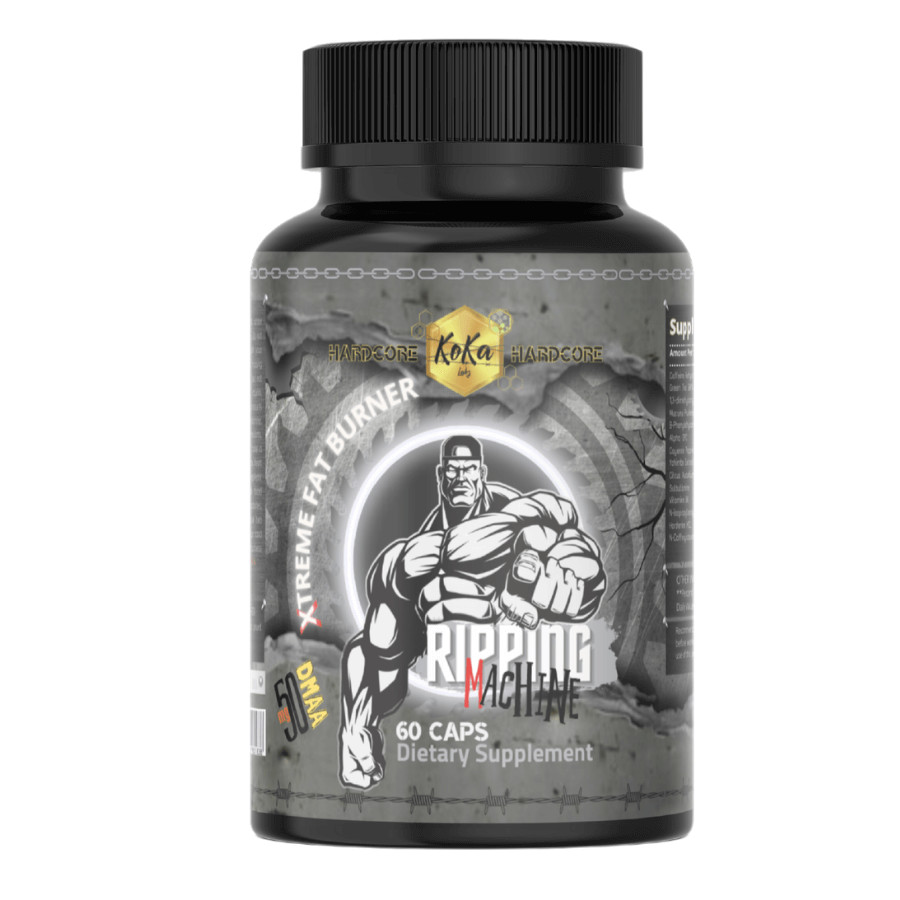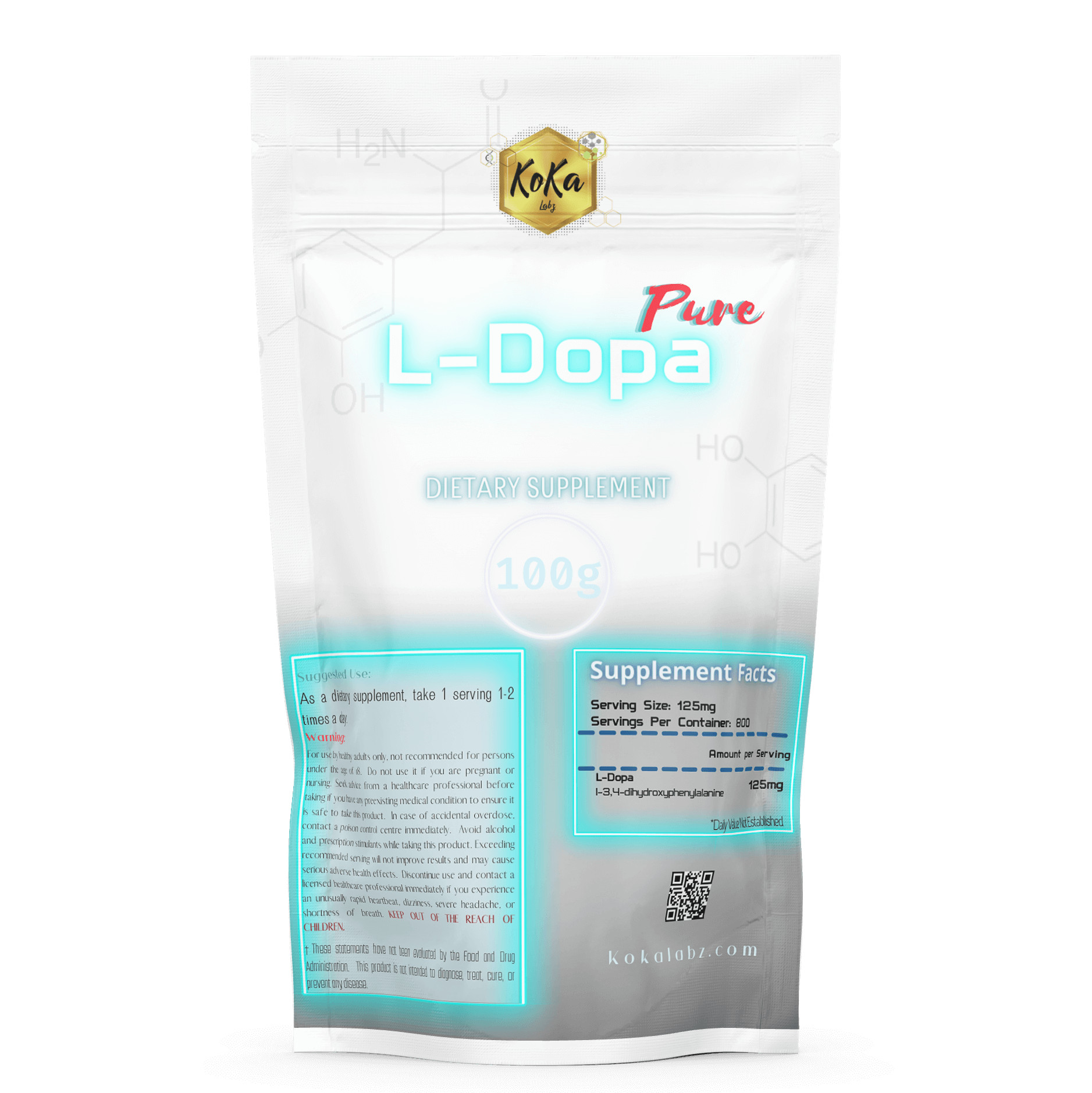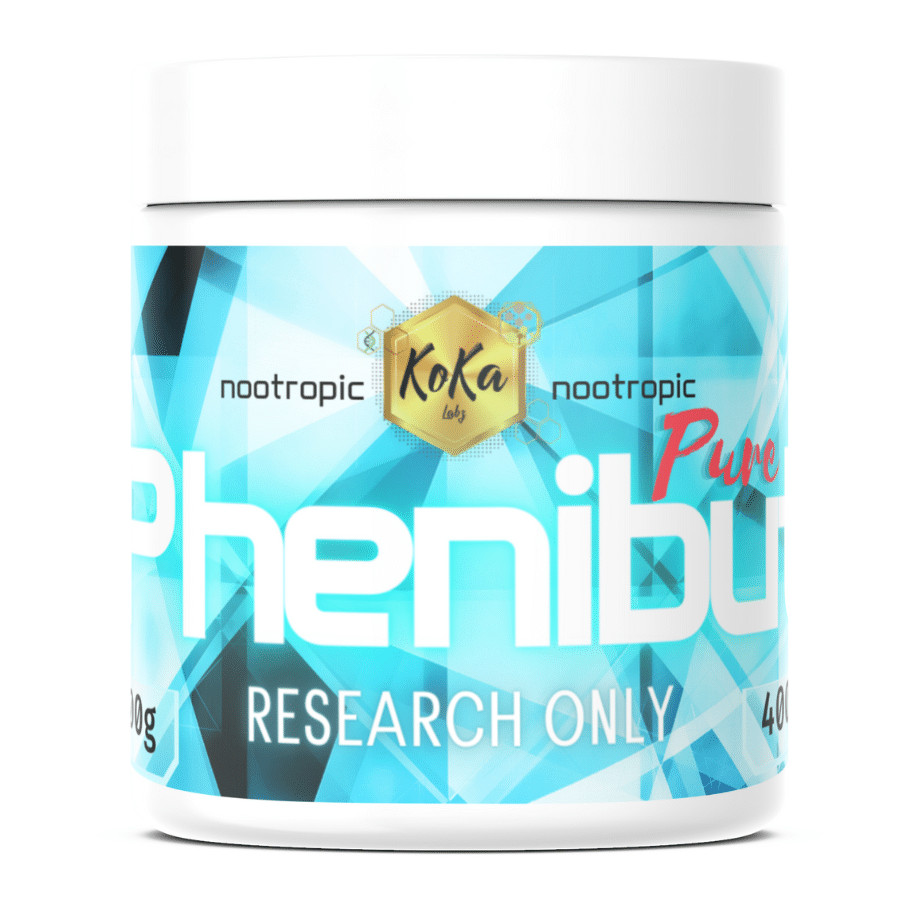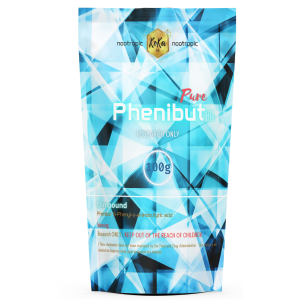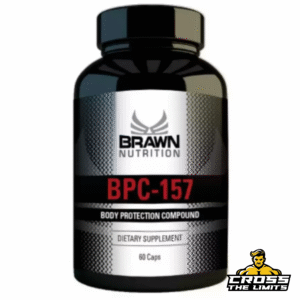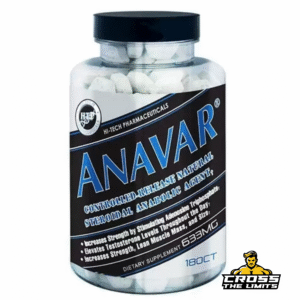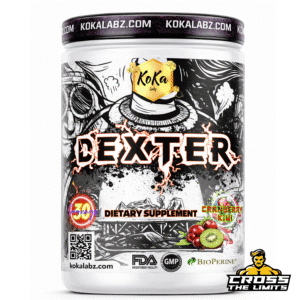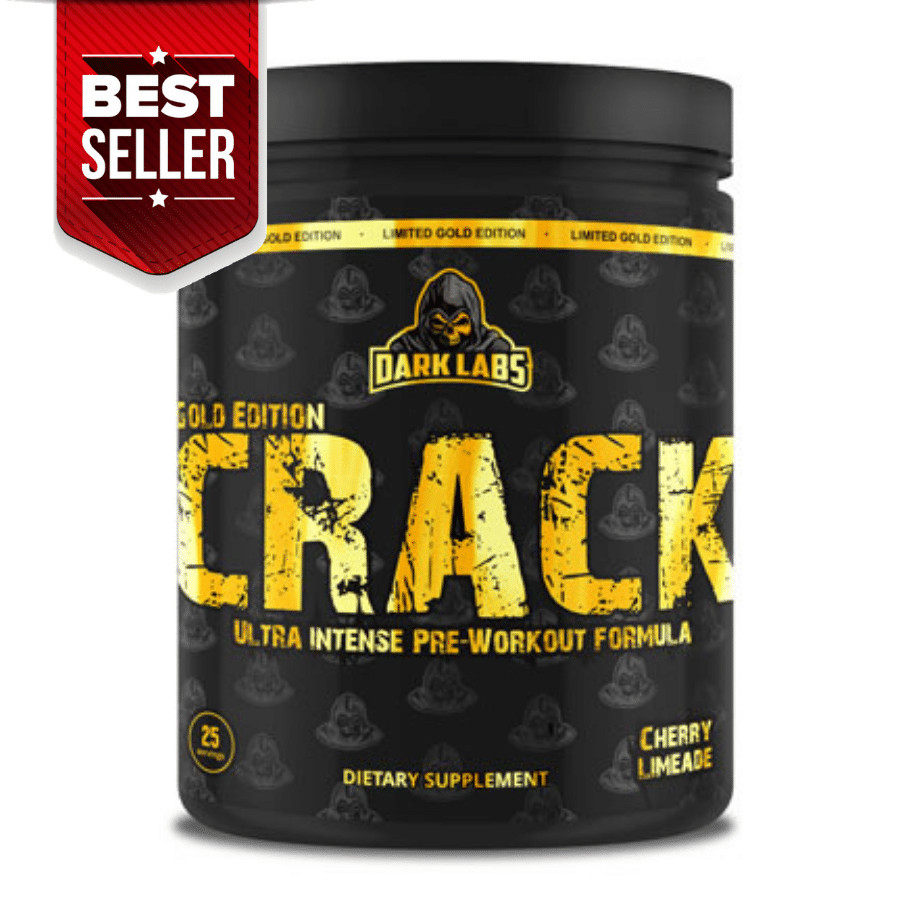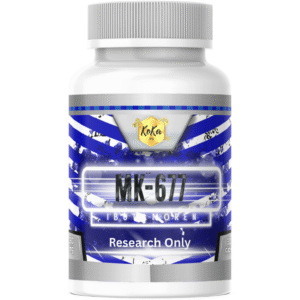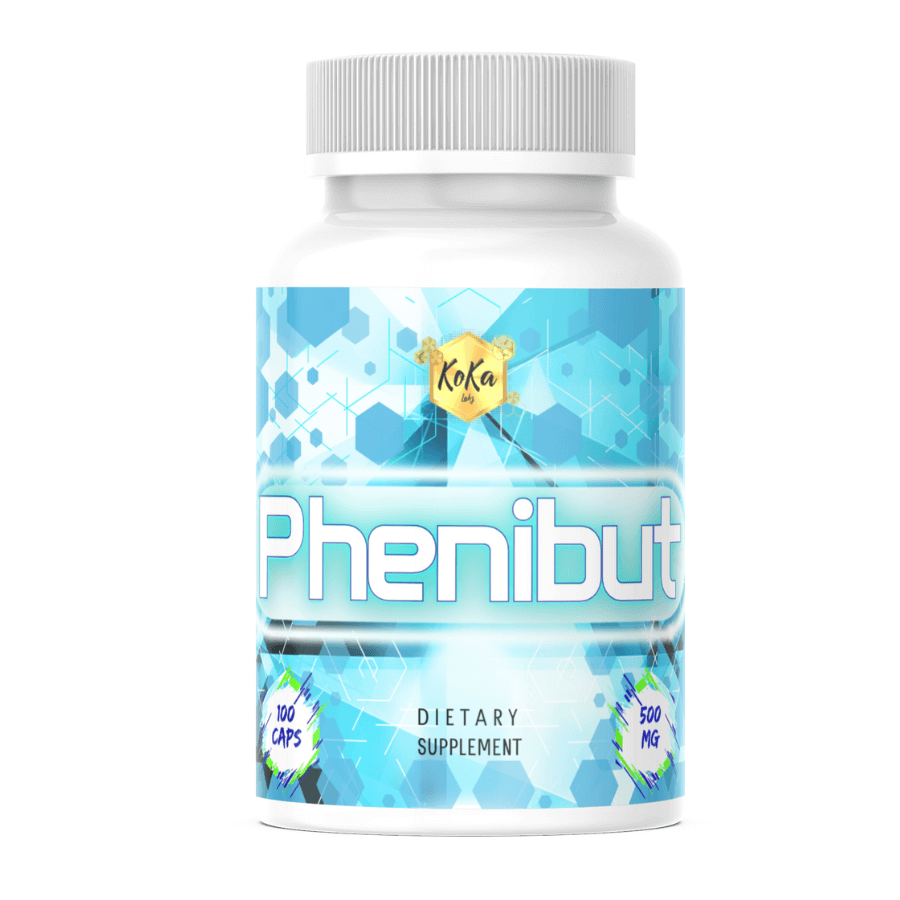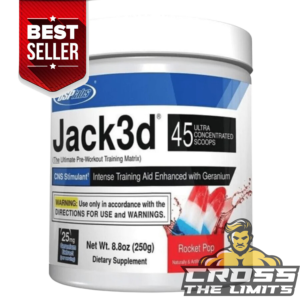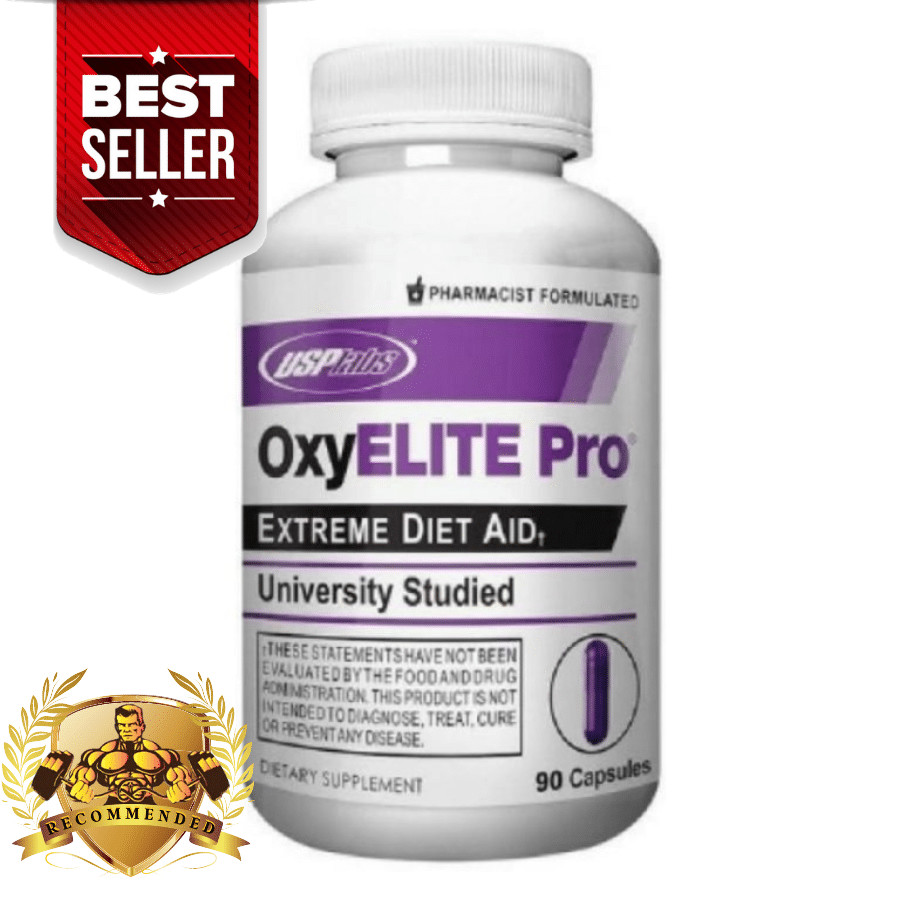More and more people realise that it is worth reaching for appropriately selected nutrients and supplements when practising sport, even at an amateur level. Due to the increased physical effort, the body needs more than just the so-called healthy nutrition. However, many questions and doubts arise in what forms, amounts per kilogram of body weight, and when to take special preparations to make them work most effectively.
Let’s note that one of the most popular and essential supplements for the body is creatine – so it is worth considering how to take creatine so that it is effective and safe to use.
What is creatine, and why is it so crucial for a sports person?
The creatine we all know is called β-methylguanidinoacetic acid in organic chemistry. Like many organic compounds produced by our body, it is necessary for further metabolism of other chemical structures and thus for the proper functioning of the body. When explaining how creatine works, we should first of all focus on the process of protein synthesis because creatine is not only present in human and animal muscles and tendons, but above all, it is a specific brick that builds other protein muscle structures – hence the great interest in it among many athletes, especially those practising bodybuilding, triathlon or CrossFit. Through anabolic and anti-catabolic processes, the substance stimulates protein synthesis, which results in increased muscle mass and volume.
How does creatine act in other areas of our metabolism? First, it influences the regeneration on the cellular level – thanks to it, the mitochondria (the central element of a muscle cell), which were degraded during the physical effort, are rebuilt. Second, creatine also protects cells from the so-called oxidative stress, i.e. it has antioxidant properties. As we know, a less oxygenated muscle cell has a lower ability to work, a lower ability to adapt and to regenerate after an intensive effort.
When to take creatine?
Hundreds of articles have been written on the optimal time for creatine supplementation, and every athlete has their own opinion and habits in this area. However, let us try to put this generally available information in some order.
Intense exertion causes a loss of phosphocreatine, which is naturally produced in the body, which may disturb the correct work of muscles in the long run. Theoretically, therefore, there should be no contraindications against starting creatine supplementation at whatever training threshold we find ourselves.
